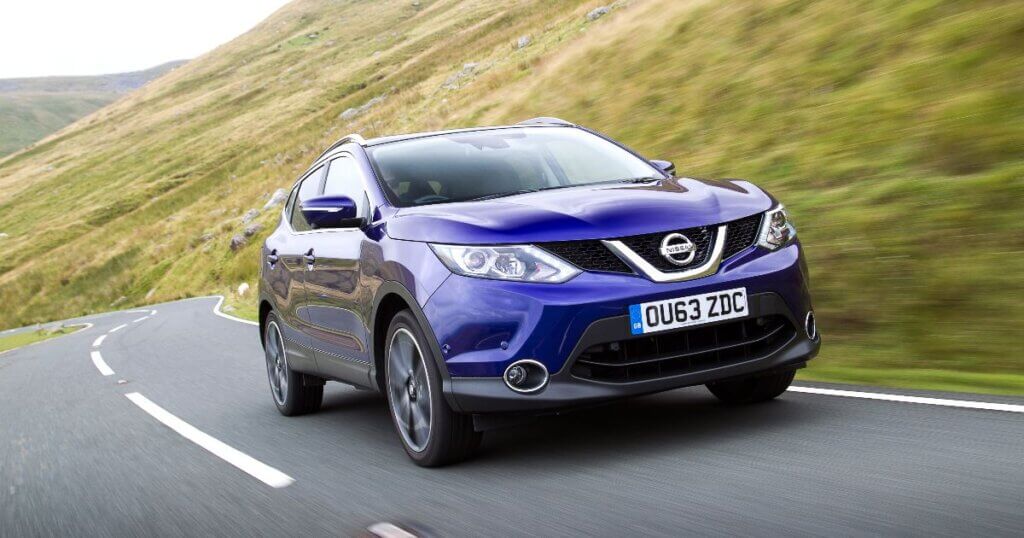Reasons why you shouldn’t get a diesel car
Short journeys are less efficient and can harm the engine over time
Diesel engines work best when fully warm and short journeys don’t give the vehicle enough time to warm up to the optimal level. Driving lots of short journeys in a diesel car puts additional strain on the engine, which can lead to more costly repairs over time.
Petrol and electric cars are much more suited for shorter commutes around cities and towns. Whereas diesel cars are more suited for long-distance and motorway driving.
Newer models can be more expensive to buy
Newer diesel models can be more expensive to buy due to advancements in technology that strive to make them more eco-friendly. If you regularly make long journeys, taking into account that better fuel economy can sometimes outweigh the initial price tag.
If purchasing a brand-new diesel car is out of your price range, you could consider purchasing a used diesel car. You can often find high-spec models at a lower purchase price. You could also consider using car finance to spread the cost rather than buying the vehicle outright.
Subject to CAZ and ULEZ charges
Some diesels are subject to Ultra-Low Emissions Zone (ULEZ) or Clean Air Zones (CAZ) charges. If you live or commute within these zones, then this is something you should consider.
For ULEZ, Non-compliant vehicles are subject to a daily charge of £12.50 in all London boroughs and for CAZ, the charge and restrictions vary by city.
A diesel vehicle must comply with Euro 6 standards to be exempt from these charges. This is usually most vehicles registered with the DVLA after September 2015. However, Euro 6 standard diesel cars are usually more expensive. Therefore, you should weigh up the savings you would make on fuel and running costs with these potential CAZ and ULEZ charges.
Older diesels can be more polluting
Although diesel cars emit fewer regulated pollutants, they do emit more noxious gases and particulates. This is particularly prevalent for older diesel cars which have been deemed as a major contributing factor in air pollution in the UK.
Newer Euro 6-compliant diesel cars have improved technology to combat this. However, this usually comes with a higher price tag.
Legislative changes
A ban on the sale of new diesel cars has been proposed for 2035. This proposal is also expected to apply to petrol and hybrid cars too. Whilst this proposed ban is not expected to apply to existing vehicles on the road, it is unclear how this potential ban will affect the second-hand market.
Diesels will remain on the road for several years after this ban. However, like any car, they will eventually require maintenance and replacement parts. In the future, sourcing these parts may become harder and more expensive as diesel cars are phased out.



